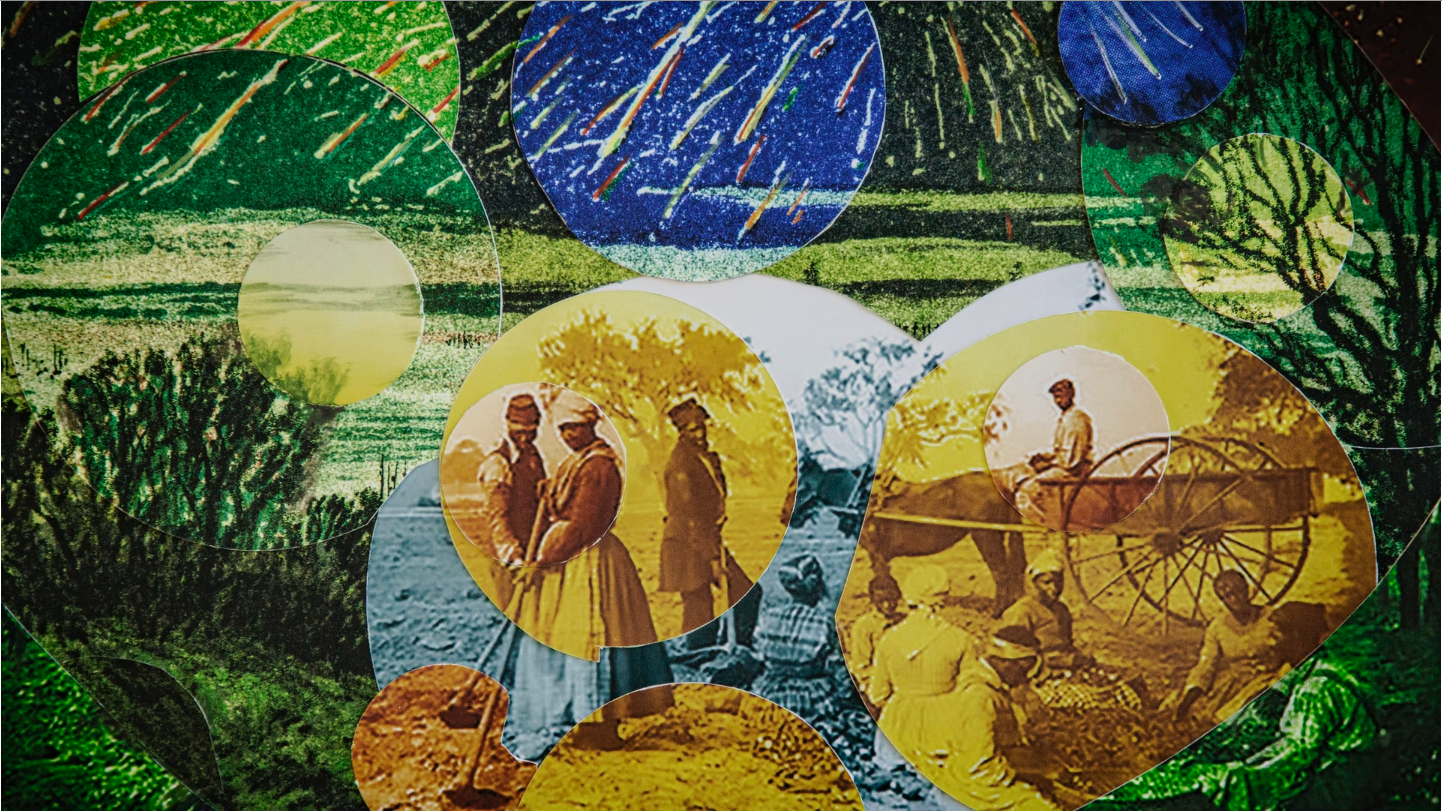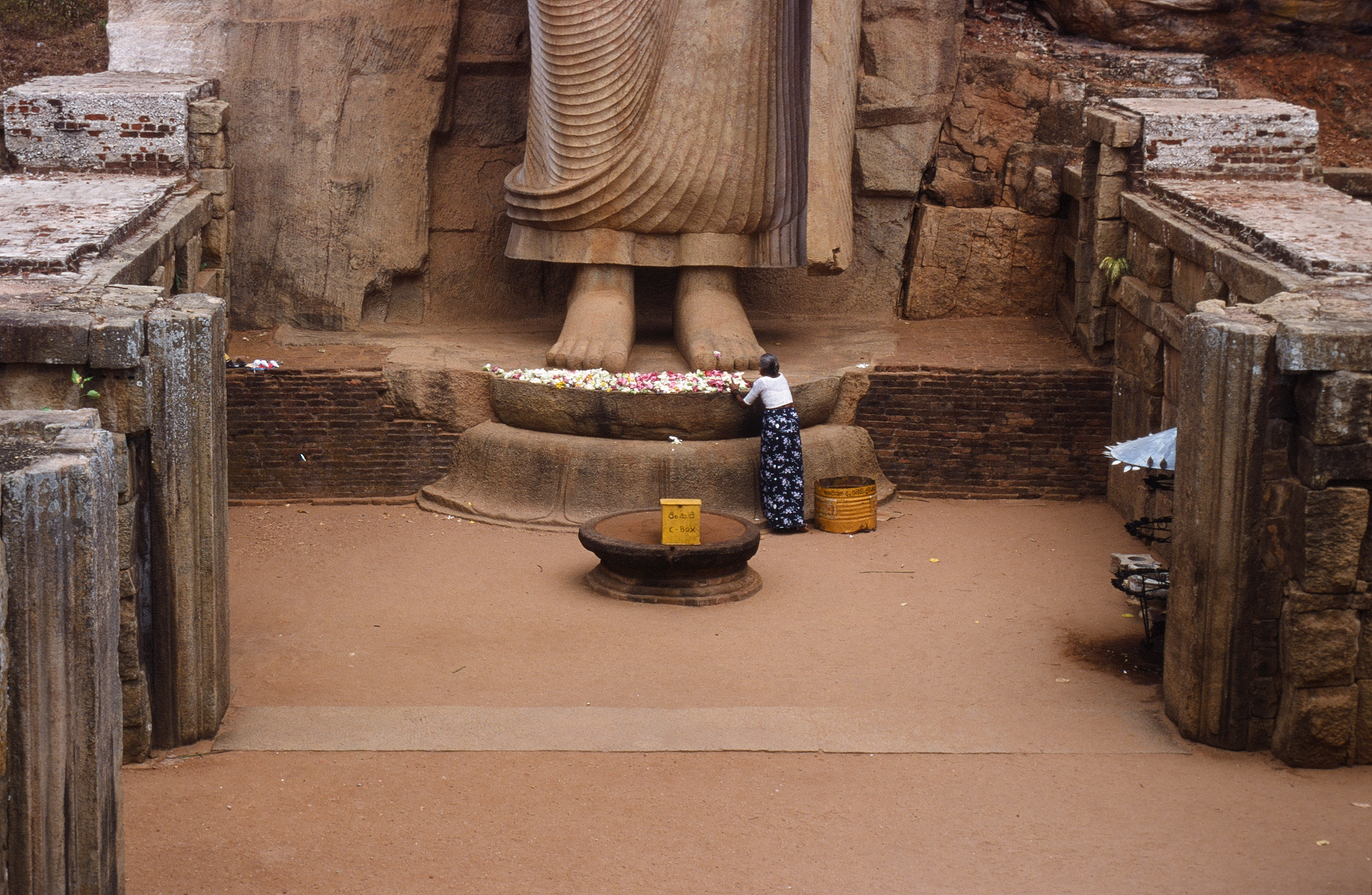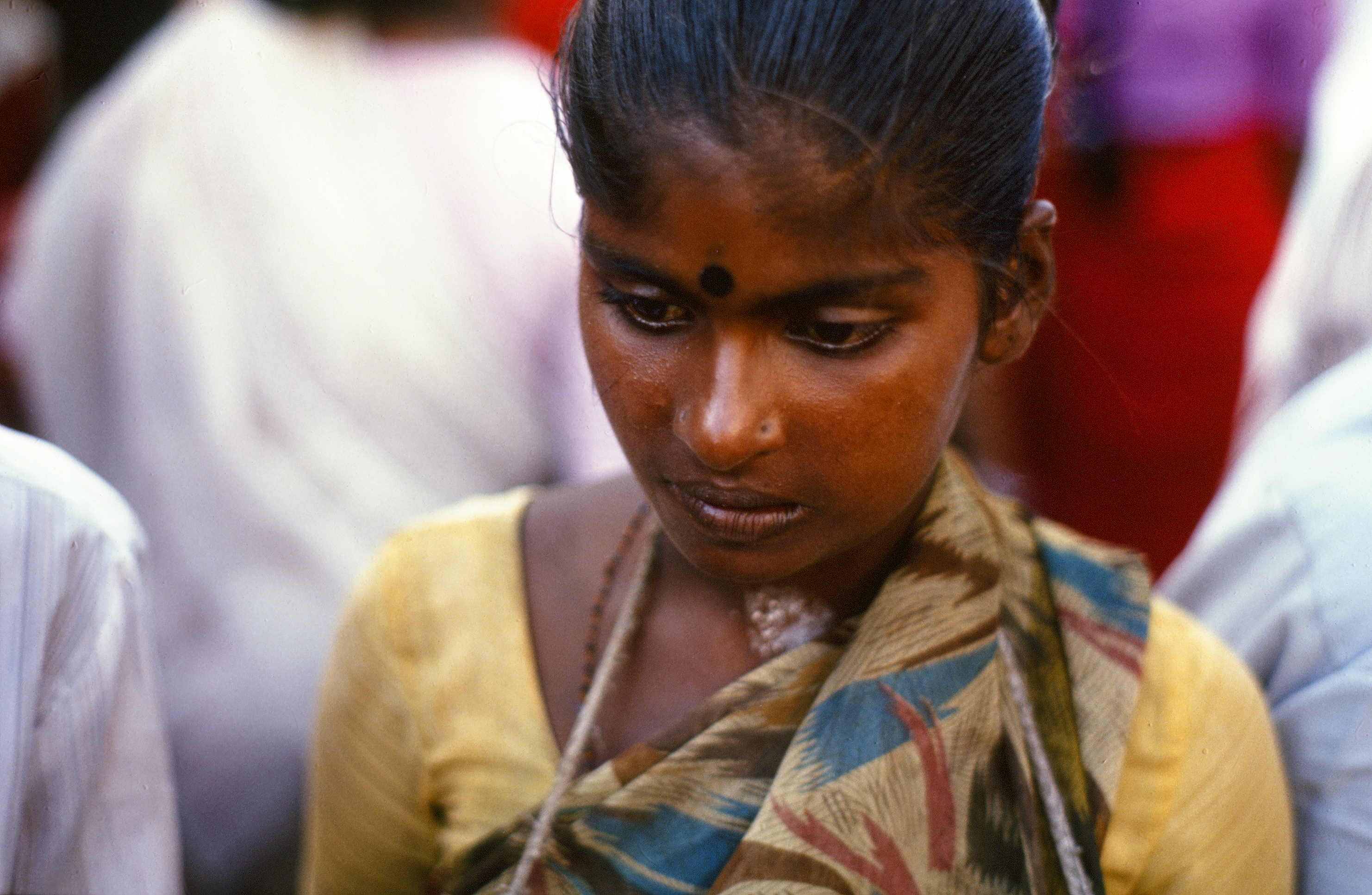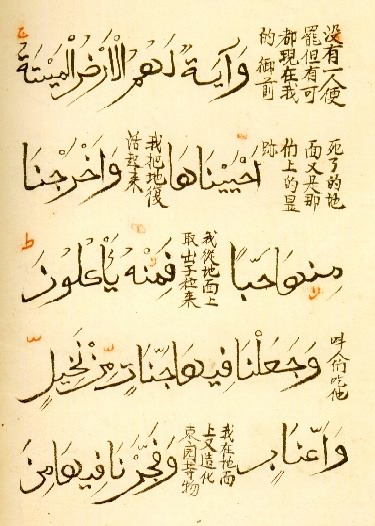
This course conceives of the Qur’ān as a living text in constant flux through interactions with the lived experiences of Muslims and other religious traditions. It focuses on developing an understanding of the Qur’ān’s form, style, and content through a close reading of comparable religious texts. Major topics covered include the Qur’ānic theory of prophecy, its treatment of the Biblical tradition (both that of the Hebrew Bible and the Christian Bible), and its perspective on pre-Islamic religion. The central goals of the course include the ability to (a) analyze primary these religious sources from a critical and literary perspective and (b) construct coherent arguments based on concrete evidence from the textual sources. In a class of this nature, class participants will likely hold or develop a wide variety of opinions about the topics covered. The goal is not to adopt a single opinion concerning the interpretation of a particular text, but rather to support one’s personal conclusions in a clear and coherent manner based on concrete evidence from the course materials.
- Teacher: Tariq al-Jamil
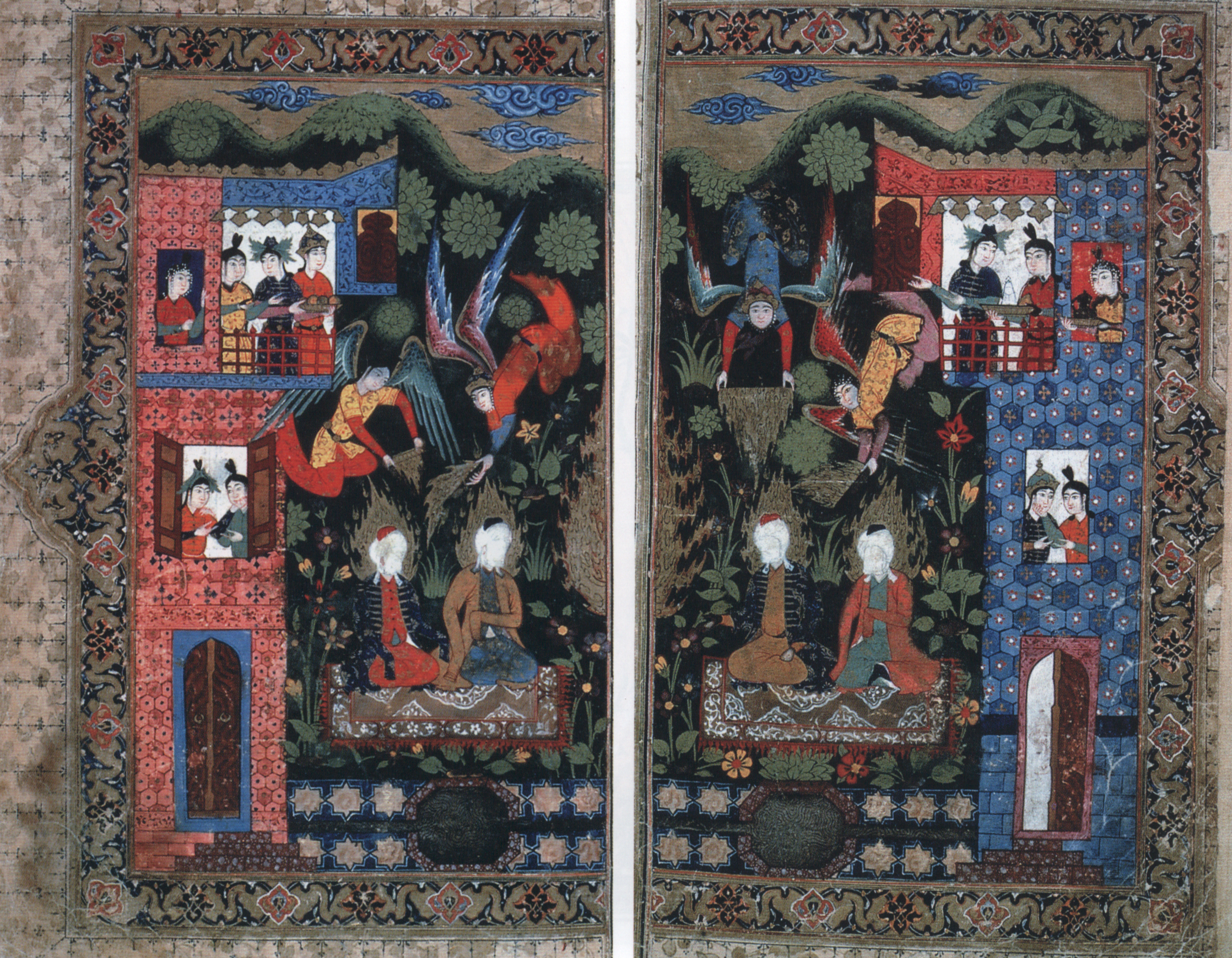
This course is designed as a general survey of primary texts (in translation) that are illustrative of recurrent themes in Islamic religious thought and history. This course attempts to develop a broad understanding of the religious interpretations and texts that underlie the diverse expressions of Islam in a wide range of historical, social, and cultural contexts. This course will focus on the examination of religious sources that have fundamentally contributed to Muslim self-definitions (Qur’ān, Ḥadīth, sūra “biography of the Prophet Muḥammad, fiqh “Islamic Law”, tafsīr “Qur’ānic commentary” ). Since examination of primary texts does not reduce the need for historical study of Islamic civilization, this course will utilize a chronological narrative to emphasize the ways in which these sources have contributed to and continue to inform the development of Islamic social, cultural and political institutions. The goal of the present course is to develop a depth of understanding and penetration into Islam’s intrinsic religious sensibilities through self-conscious reflections on Islamic social, cultural and intellectual traditions.
- Teacher: Tariq al-Jamil

